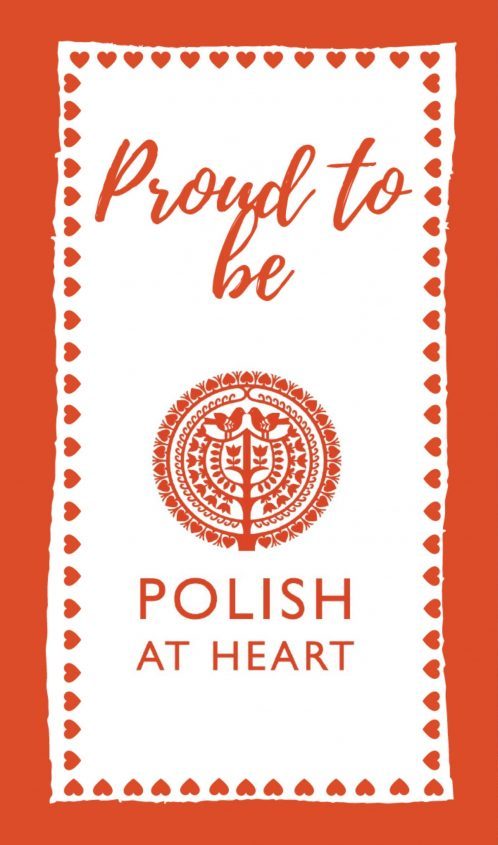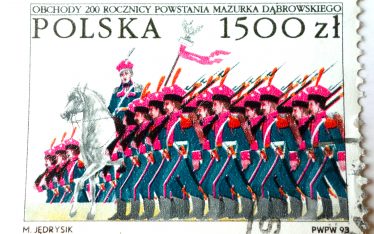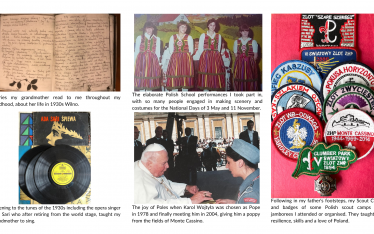Imagine never knowing where your father is buried, anything about your grandparents’ lives or family history. It is a common experience for those whose families have been uprooted by conflict, especially those whose forefathers lived in the Kresy region (eastern Poland, parts of modern-day Lithuania, Belarus and Ukraine).
On Sunday, as part of a Polish Heritage Event, thanks to the Kresy Family History Group, one lucky lady found the name of her grandfather in a book about the battle of Monte Cassino which took place in spring 1944. This was the very first time she had found any details about his service during the war. Similarly, a Sybirak (Siberian Surviver) had for 75 years not known the fate of his father until, with the recent help of the group, he discovered his father’s name on a Belarusian ‘Katyń list’ which can be found on the Kresy website.
For those not familiar with the Katyń Massacre, prepare for a shock. Katyń, a forested part of Russia was the site of several mass executions of Polish nationals including army officers and national leaders, carried out by the Soviet NKWD ( Soviet Secret Police) in April and May 1940. The film “Katyń” by Andrzej Wajda gives you a personal feel of this terror: in total, an estimated 22,000 Poles were murdered. In addition, the Soviets deported more than one million Poles (the exact figure is still unknown) in four waves of mass deportations from the Soviet-occupied Polish territories mainly in the Kresy region, to Siberia and Soviet Central Asia. Only 115,000 survived to form the Polish Army under General Anders; others left behind joined the Soviet army (once the USSR became an Ally) or returned after the war, but in total a very small percentage survived.
Eva Szegidewicz (pictured above on the left), the secretary of the Kresy Family Polish WWII History Group, attended at least two Polish Heritage Day events at the weekend, in Manchester and in Sheffield, where I spent some time with her. I was amazed at how many people came up to the stall to tell us their grandfather’s story – some had met relatives in Poland, others knew very little but were incredibly pleased to have someone to relate their stories to.
Sadly it wasn’t until Eva’s mother passed away that she started to get involved in the group. Like many families they didn’t refer to what they had left behind so she had to find out herself all about the area her grandfather, a soldier of Marshal Pilsudski in the First World War, had settled in.
Although among Polish people born here in the UK the tragedies are common knowledge (and often a part of families’ traumatic personal stories), British schools do not teach this recent history, often concentrating on the WWII battle on the home front. Eva says that “even universities emphasise the atrocities of the Germans, but the Soviet deportations and war crimes are too inconvenient to dwell on. Russia was an ally and the Allies were ‘good’. Also Soviet archives are not always available.”
The Kresy group help and advise people who request information about their family members, and/or translate letters into Polish for them. Their website is all in English and they can arrange for people to visit local museums and archives in other countries where members live, such as Poland, USA and the UK. The website has many resources – lists of people, maps of labour camps, recollections and poems including the Sybirak March Poem:
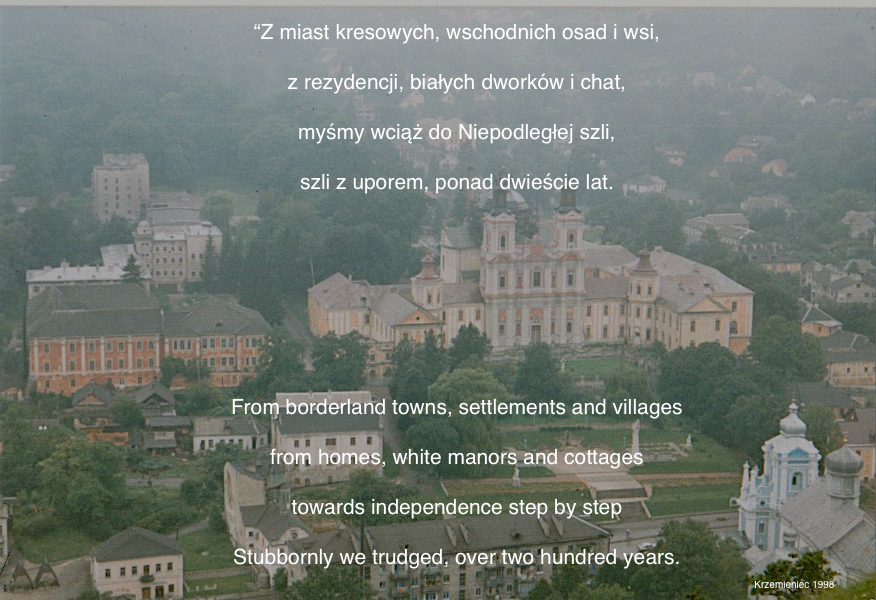 As for my family, I already knew the camp my father was in was called Wierchnaja but I had never seen it on a map until I saw it on the Kresy website. Amazing. The group is even in touch with people left behind in Kazakhstan, Ukraine and Belarus: some have travelled there to retrace their family’s footsteps and record their stories.
As for my family, I already knew the camp my father was in was called Wierchnaja but I had never seen it on a map until I saw it on the Kresy website. Amazing. The group is even in touch with people left behind in Kazakhstan, Ukraine and Belarus: some have travelled there to retrace their family’s footsteps and record their stories.
Eva told me that the group “was created on 1 September 2014. It has been active for nearly 3 years and was set up by descendants and survivors of Kresy families now scattered all around the world so that they can discuss topics of common interest freely and in a friendly and helpful manner”. It is funded by donations and has received a number of small grants from the Polish Embassy in London and the Polonia Aid Foundation Trust.
The group welcomes anyone with a common interest to become a member and to join their Yahoo Discussion Group or Facebook site for free. Details can be found at the Kresy History Group website or by writing to support@kresyfamily.com.
Whatever your family background, it’s never too late to find out more and understand a little more about the past – if members are still alive, ask them, and check out the Kresy website, today.
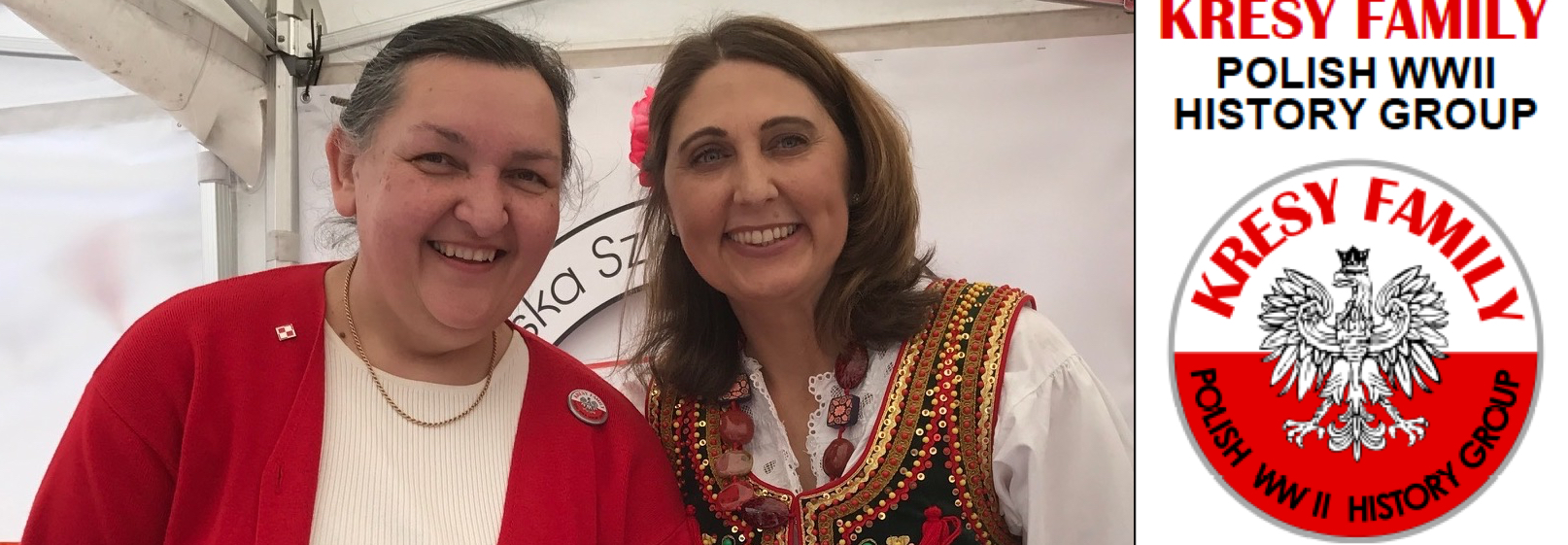

 1.Tracing Family History pre-WW2
1.Tracing Family History pre-WW2 2. Tracing Family History WW2
2. Tracing Family History WW2